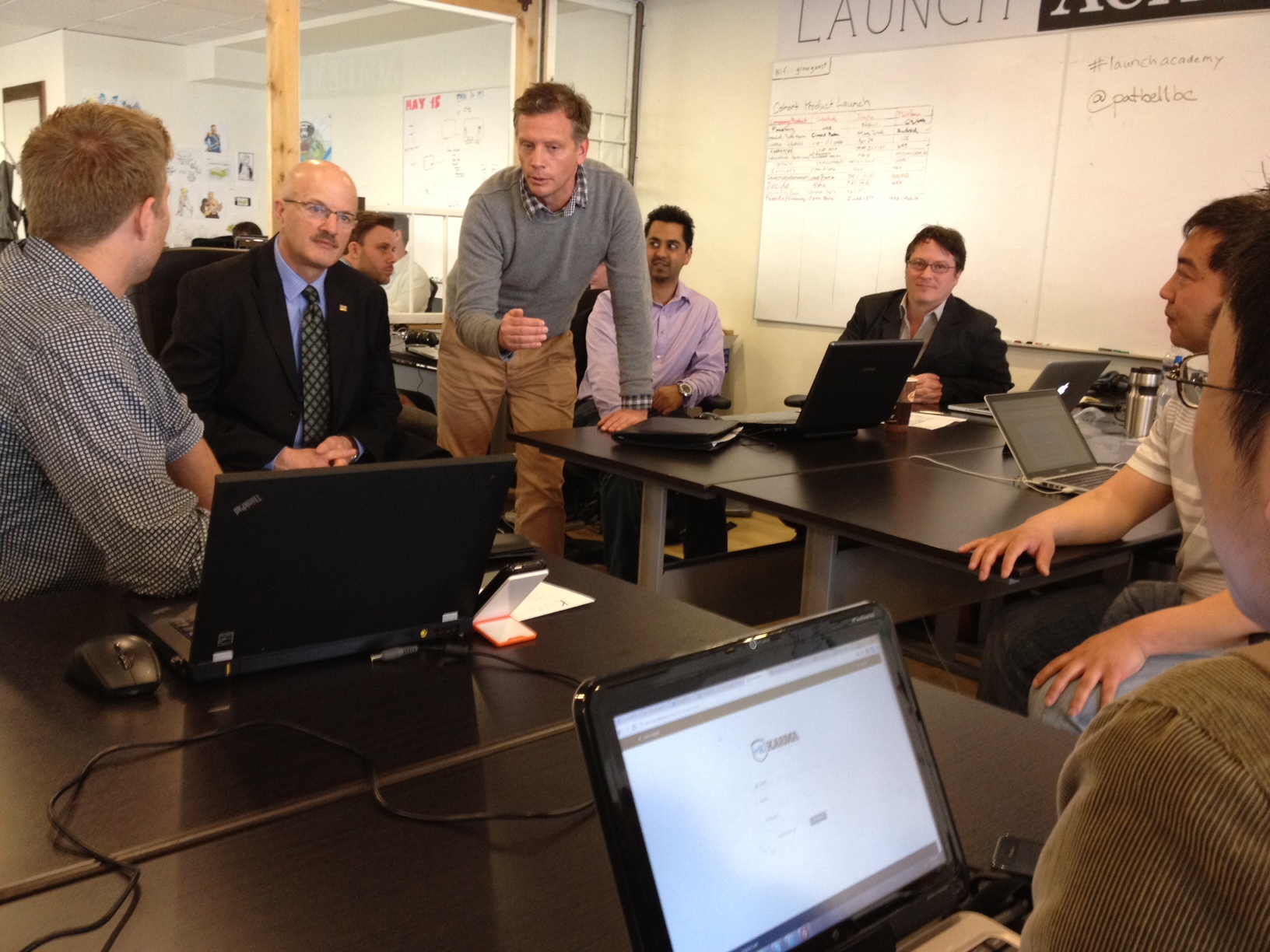A 401k plan is a great savings tool for employees. These plans are also a powerful way for employers to compete for and retain top employees. Unfortunately, many problems can arise for both employees and employer in the implementation and maintenance of the these tax qualified plans. As 401k specialists, here are the most common issues we’ve encountered.
The Plan Sponsor Wears Too Many Hats
Plan sponsors are employees that run the 401k plan for their company. They often have a myriad of other duties to perform on a daily basis (generally human resource responsibilities). Because of the various daily demands on these employees, it can be difficult for them to perform their required fiduciary obligation to the 401k plan. Unfortunately, all too often, the resulting time crunch allows small inefficiencies in the plan to manifest into large scale problems.
The Fees Are Too High
Having high service or investment fees in a 401k plan is the easiest way for the sponsoring company to get sued. When there are high fees, it’s often a warning sign of neglect to the plan. Once a fiduciary breach is found in a plan through neglect, there isn’t much a company can do to defend itself. Additionally, in the long term, high plan fees lead to employees retiring with less. Consequently, we suggest that fees be assessed annually, preferably by a third party.
Liability is Misunderstood
Plan sponsors are often short on time so they must delegate duties of the plan they serve. Advisors, recordkeepers, and custodians can provide valuable, time-saving support to a 401k plan. However, the delegation of duties should not be confused with a removal of liability. The structure of a 401k dictates that plan liability starts and ends with the plan sponsor. Thus, any shortcoming by a third party service provider will ultimately be deemed a failure on the part of the plan sponsor.
Failure to Monitor
It may seem unfair that a plan sponsor will be held liable for a third party mistake. However, this speaks largely about the role of the plan sponsor as a fiduciary and the responsibility that comes with it. Even though a plan sponsor may delegate a specific duty related to their plan, it is still the responsibility of the plan sponsor to see that the duty is fulfilled. This is why all third parties must be monitored in a way so that they do not fall out of line with the original intentions of the plan. Consequently, when a plan sponsor fails to continuously monitor a delegated party it’s classified as neglect – the leading cause of 401k litigation.
Conflicts of Interest
Conflicts of interest can happen in many forms within 401k plans. Proprietary funds offered by the custodian, advisors who receive commissions based on the advice they give, or a family member or friend who helps provide the plan platform are all examples of conflicts of interest. Not all of the previously mentioned items are inherently bad, however if they exist, due diligence and documentation must show there is no conflict of interest. Remember, employer sponsored retirement plans are intended to benefit the employees, not those who service them. It may come as no surprise that conflicts of interest must be avoided at all costs.
The Plan is Not Managed in the Participant’s Best Interest
We often hear from plan sponsors how happy they are with their providers. Yet, when these sponsors elaborate on their satisfaction, it quickly becomes clear it’s largely due to the low workload for the plan sponsor. We get it; plan sponsors are really busy. However, these plans are built to help employees save for the future – so their interests, like investment choices, fees, and advice, must be considered first.
Participation or Contribution Rates Are Low
These are often by-products of an inefficient plan. The vicious cycle of high costs prevents employers from contributing to the plans, which in turn disincentivizes employees from saving. This happens all too often in 401k plans. Better solutions are out there. You just have to find them.
The IPS Is Not a Living Document
Your Investment Policy Statement (IPS) is the road map to the plan. An individual with some experience in the retirement plan space should be able to read this statement and have no questions about how the plan is built and managed. Consequently ,the IPS should be reviewed quarterly and updated at least annually. The IPS is the most important defense if you find yourself facing litigation.
Documentation Is Lacking
All 401k meetings (with minutes), assessments, evaluations, contracts, and agreements should be on file with the company and accessible at any point.
Safe Harbors Aren’t In Use
Safe harbors are available to 401k plans as a means to protect employees and employers. Plans that don’t use them often are inefficient, expensive, and have increased liability.
Competitive Market Forces Aren’t Being Utilized
A 401k plan can save or lose employees thousands of dollars based on how it is constructed. Unfortunately, plan sponsors don’t always compare the pricing of plans. This is a serious error because plan pricing can vary greatly based on both competition and specific circumstances. Even if you are convinced your current plan is the best, shopping around may reveal some negotiating room with your provider.
The 401k space can be confusing and time consuming to navigate. We’re always happy to help provide a complementary analysis. Click here to contact us for details.
- U.S. Stocks Make New Highs - December 6, 2024
- Rising Rates Create Headwinds - November 8, 2024
- The Fed Finally Cuts Rates - October 10, 2024



Leave a Reply